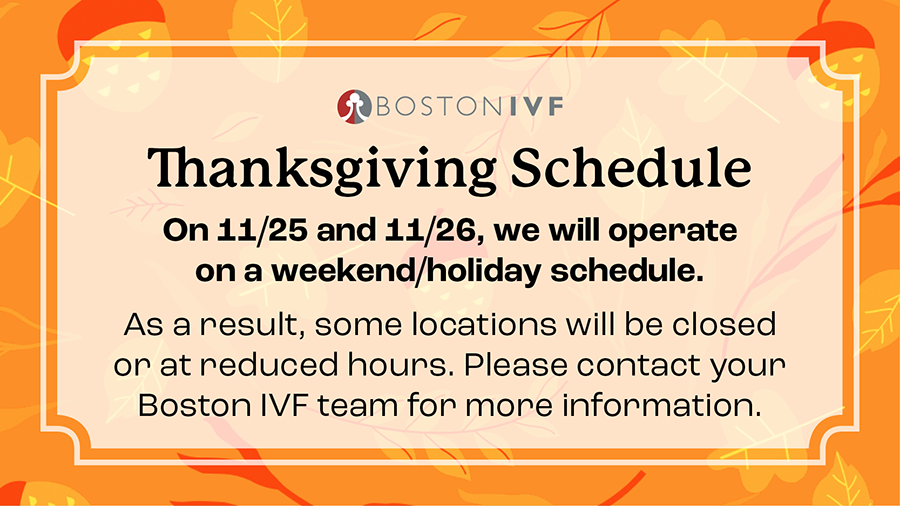“Which should I choose – a tubal reversal or IVF?”
It is one of the most frequently asked questions we receive. And for us, it’s easy to answer.
Because our IVF success rates are equal to those after a tubal surgery - and come with far less risk, inconvenience and cost to our patients – we strongly suggest in vitro fertilization (IVF) and do not perform reversals at our fertility center.
WHY IVF IS BETTER
- choosing IVF means future birth control is not needed, as the fallopian tubes remain tied
- IVF success rates are comparable to a tubal reversal
- IVF is far less invasive
- tubal reversals require major surgery. IVF does not.
- IVF does not require a hospital stay or extended recovery period
WHY WE DON'T RECOMMEND REVERSALS
- they often require major surgery with a hospital stay
- tubal reversals costs are comparible to IVF but with more risk and less chance of success
- ectopic pregnancy rates for tubal reversals is 20%
- ectopics are those that fail & require emergency treatment
- the ectopic rate for IVF is 1%
- the time to pregnancy with a tubal ligation reversal can take many months
- in contrast, IVF is much quicker
- if the reversal surgery cannot correct the tubes, IVF will still be required
costs: IVF vs. tubal reversal
We offer IVF instead of a tubal reversal for a number of medical reasons. But cost is a factor as well.
A single IVF cycle at our fertility center is comparible to tubal reversal surgery. Furthermore, if the damage to a patient’s Fallopian tubes is substantial and her tubal reversal surgery is unsuccessful, patients will incur additional costs with a subsequent IVF cycle.
NEED HELP DECIDING?
The first step in your path to parenthood is to schedule an initial consultation with our experts, who have performed thousands of IVF cycles and tubal reversal surgeries.
We will help guide you through the process of choosing which surgery or procedure will present the best chance for a successful pregnancy.







